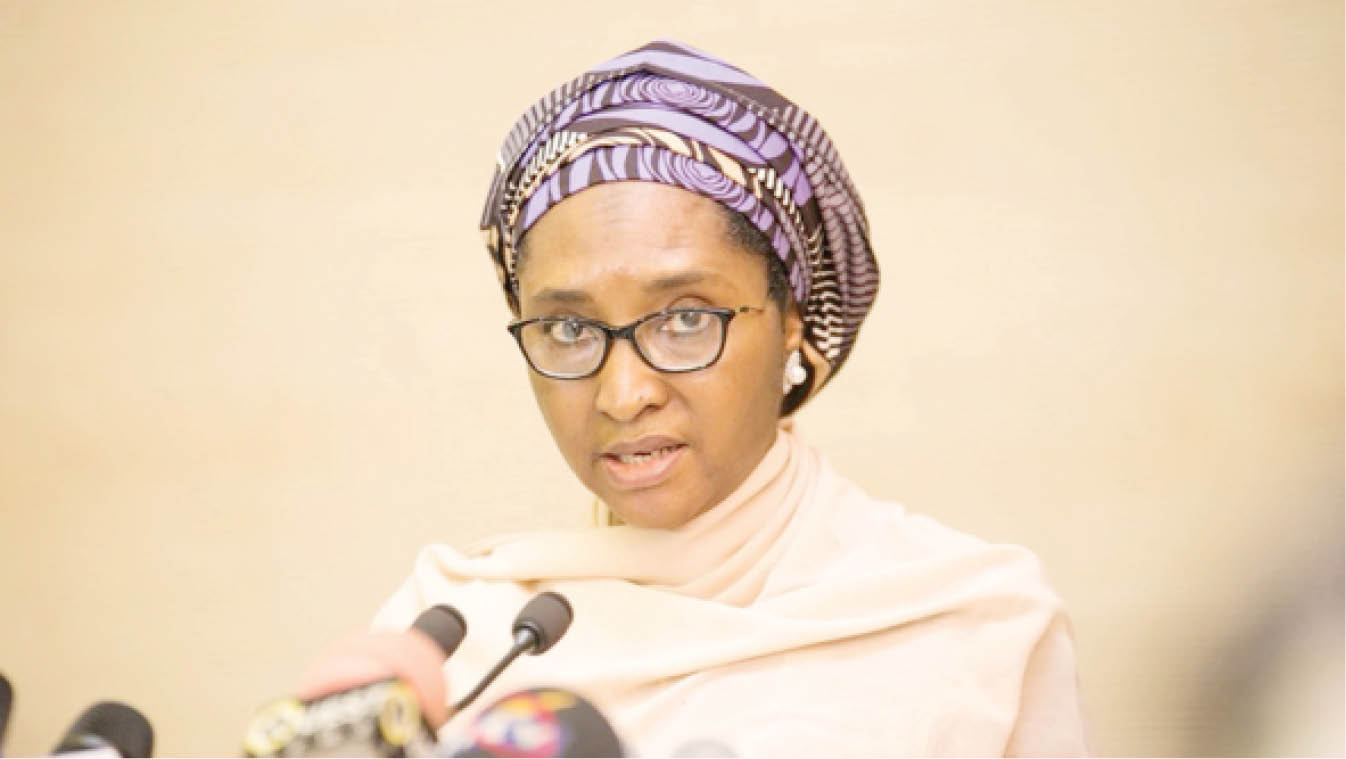The Senate recently approved a $6.18 billion (about N2.3 trillion) external loan request by President Muhammadu Buhari to fund the 2021 budget deficit.
The approved loan is for the issuance of between $3bn and $6.18bn Eurobond in the international capital market. This will help for the implementation of the new external borrowing of N2.343tr.
- FG to spend N4.3bn on syphilis, HIV test kits
- Supreme Court restrains FG from ceding 17 oil wells from Rivers to Imo
Concerned over this, some experts and analysts in the financial sector doubt if the current borrowing model to support budget deficits is sustainable in the long run.
According to the Debt Management Office (DMO), as of March 2021, Nigeria’s public debt stock is N33.107tr or $87.230bn. This approved $6.18bn borrowing could shoot the figure to about $93.413bn or N35.510tr.
The Director General of the World Trade Organisation (WTO), Dr Ngozi Okonjo-Iweala, had, during the 2021 Annual General Meeting (AGM) of the African Development Bank (AfDB) in June, expressed concern that African countries growth prospects were further compromised by debt burden.
Dr Okonjo-Iweala had warned that higher debt carriage translates to higher risk of distress, even as most African governments find it convenient to ignore the debt sustainability threshold.
Amid falling prices and demand for oil worldwide, Nigeria’s debt-to-GDP ratio rose from 29 to 35 percent; Algeria from 46 to 53%; Egypt from 84 to 90%, and Angola from 107 to 127%.
Similarly, AfDB President, Dr Akinwunmi Adesina, citing continent-wide research, said only one out of 38 African countries was free from sustainability challenges while the rest had issues ranging from moderate to high risks.
But the Minister of Finance, Budget and National Planning, Zainab Ahmed, had insisted that, “In terms of level of debt, we are still very healthy and sustainable.”
She based her assessment on the first quarter numbers, saying, “As of Q1 2021, we have about a 29% debt-to-Gross Domestic Product (GDP) ratio.”
Director General of DMO, Patience Oniha, defended the numbers, noting that based on the threshold set by the International Monetary Fund (IMF) and the World Bank, Nigeria’s debt was still sustainable.
The DMO explained that the cap for public debt was raised to 40% of GDP from 25% “in order to accommodate new borrowings to fund budget deficits and other obligations of the government,” adding that the IMF/World Bank recommended a threshold of 55% for countries in Nigeria’s peer group.
A former President, Chartered Institute of Bankers of Nigeria (CIBN), Prof Joseph Ajibola, looked at Nigeria’s debt sustainability from the angle of the capacity to regenerate itself, reflate the economy and generate multiplier effects that will be beneficial to the economy and create the capacity to repay.
Ajibola said sustainability could only be assured when the borrowing was project-tied, “in which case, you can choose to borrow for specific projects that are capable of generating returns and pay back the loans.”
The Deputy Managing Director, Afrinvest West Africa, Victor Ndukauba, noted that spending over 90% of the national income on debt servicing meant that Nigeria would perpetually remain a debtor country, a situation it had exited in 2005 during President Olusegun Obasanjo’s tenure after protracted negotiations with the international creditors.
“When I look at the GDP ratio for example, the consumer spending is low and really struggling and the additional challenge is that this is buffeted by very high levels of inflation, particularly food inflation.”
The immediate past Director General of the Lagos Chamber of Commerce and Industry (LCCI), Dr Muda Yusuf, observed that a large portion of domestic borrowing was through ways and means which had serious implications for inflation.
Ways and means is a mechanism for the government to borrow from the CBN under specified credit policy which, most times, entails printing money.
The government has been unable “to avoid recourse to central bank financing” as it had borrowed up to $25bn from the CBN’s ways and means, which has also become controversial.
Yusuf argues that the facility usually comes at a huge cost to the taxpayer as the government paid N480bn interest on the N1.8tr facility granted to it through the ways and means window between January and May, 2021.
He expressed concern that government’s excess borrowing has put pressure on the apex bank to exceed the “five per cent ceiling of actual government revenue for the preceding year,” specified in the CBN Act.
As it is, these experts note that there are multiple implications of more debt servicing obligations if the government continues to take more loans.

 Join Daily Trust WhatsApp Community For Quick Access To News and Happenings Around You.
Join Daily Trust WhatsApp Community For Quick Access To News and Happenings Around You.


